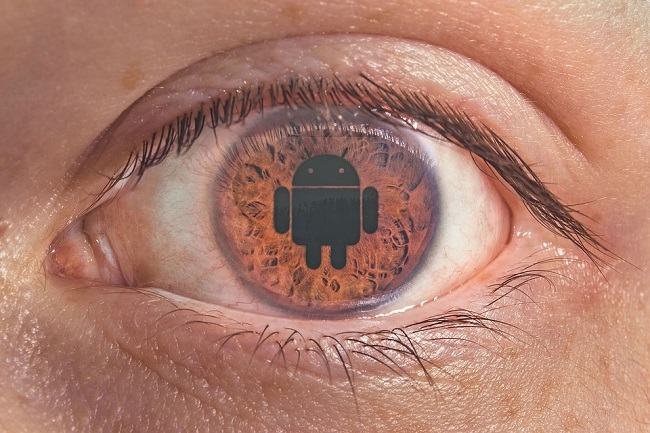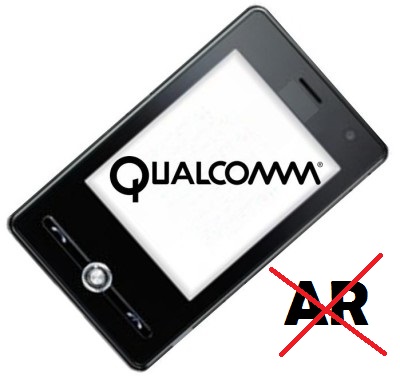Approximately 900 million gadgets have been exposed and the fix will be a tough one.
The latest Android mobile security problem to have been identified is a big one. This vulnerability isn’t specific to any particular make, model or version of firmware. This is because it doesn’t actually have to do with the operating system. Instead, it’s an issue based at Qualcomm, the hardware manufacturer component provider.
At the moment, there are about 900 million Android smartphones with the vulnerable Qualcomm components.
What makes this Android mobile security problem worse is that it will be quite the challenge to fix. This, according to the Check Point security research firm.. There are actually four issues that make up the vulnerability. Together, these four issues are called QuadRooter. They impact Qualcomm chipsets from a number of different manufacturers. Manufacturers include Google, LG, HTC, OnePlus and others. The Google devices include the various manufacturers that make the Nexus smartphones and tablets.
Unfortunately, this Android mobile security vulnerability is a very serious one.
 Compromised devices are open to a spectrum of different types of vulnerabilities. Primarily, it could provide unauthorized root access. This means cyber criminals could obtain any information stored on the device. The vulnerability also lets criminals take control of a phone’s camera and microphone and can track the device’s GPS location. Essentially, it is providing someone not only with the keys to your house, but also all your passwords and a means to carry all your belongings away.
Compromised devices are open to a spectrum of different types of vulnerabilities. Primarily, it could provide unauthorized root access. This means cyber criminals could obtain any information stored on the device. The vulnerability also lets criminals take control of a phone’s camera and microphone and can track the device’s GPS location. Essentially, it is providing someone not only with the keys to your house, but also all your passwords and a means to carry all your belongings away.
Vulnerabilities in mobile security are not rare. All operating systems have experienced them. That said, when iOS vulnerabilities occur, Apple can typically address the problem very quickly because they are in control of both the software and hardware of their devices. However, the same cannot be said about Android.
According to Check Point mobile research team member, Jeff Zacuto, “Android security updates are really hard.” “The Android ecosystem is so fragmented. There are a lot of different versions and variants of Android in the marketplace, because each individual device has its own particular nuances,” he said.
This problem with Android mobile security isn’t anything recent. In fact only 15 percent of devices on this operating system are operating on its newest version, which means the rest are not operating with the latest protection features.

 The company may also be interested in the underlying
The company may also be interested in the underlying 